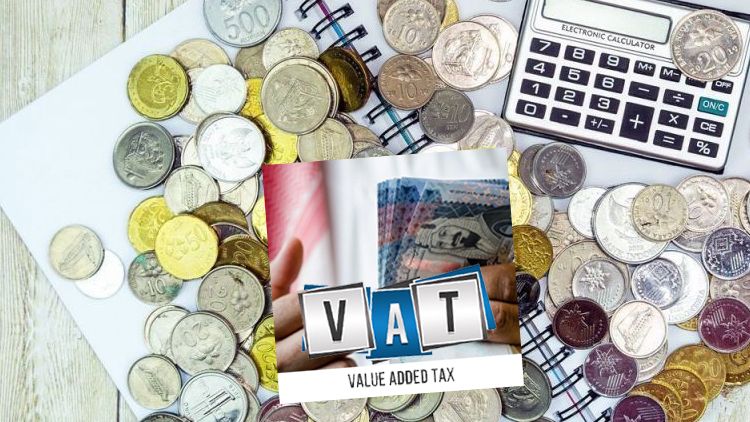by Unitedvat
Posted on Oct 28, 2017

VAT is set to make its debut in the GCC region with effect from 1st January 2018. The Ministry of Finance, UAE recently proposed the new law that allows them to impose a tax on all maximum goods and services at a standard rate of 5%, and it's called Value Added Tax (VAT). The announcement perplexed the consumers and business owners alike as they're neither aware of its implementation nor its implication on their businesses and lives respectively. So we've decided to summarize it for you in order to brief you about the new tax system and its effects.
What is VAT?
According to recent surveys, the fall in the oil price has lead the GCC nations to come up with an alternative source of their fiscal revenue.It is estimated that the UAE will generate more than Dh12 billion additional revenues in the first year after implementation of this new tax. VAT is a standard tax of 5% imposed on goods and services except some exempt and zero rated supplies.
When will it be implemented?
In UAE, the new tax law will amend with the dusk of new year i.e January 1st, 2018 and will be imposed across the nation.
How does it work?
Companies in the UAE having annual revenues of over Dh3.75 million will be required to register under the GCC VAT system and for companies whose revenues fall between Dh1.87 million and Dh3.75 million, VAT registration will be voluntary in the first phase. But eventually, each and every organization will be required to register under the new system.
What will be taxed under this law?
Cars, electronics, smartphones, watches, eating out, jewelry and entertainment will all be taxed under the new law. GCC countries have also introduced excise duties on certain beverages that are deemed to be harmful to health, including those with high sugar content. But certain healthcare, medical equipment, charities fund are all exempted in order to create a free flow of cash and no hindrance in the existing operations of these industries as these categories are for human welfare and development.
Why VAT?
A lot of surveys from the leading financial institutions clearly indicated that the steep fall in oil revenue in the region is making the GCC nation's fiscal revenue bit unsustainable. Dependency on the natural resources has made them think of an alternating revenue source and thus the genesis of the law came into existence.
These are just the basic details regarding the imposition of the VAT. Further details are provided by the ministry of finance on their own platform and via other mediums such as print, tv, and radio. Everyone should be well aware of the VAT laws in order to avoid the penalty or unfortunate financial complexity.


